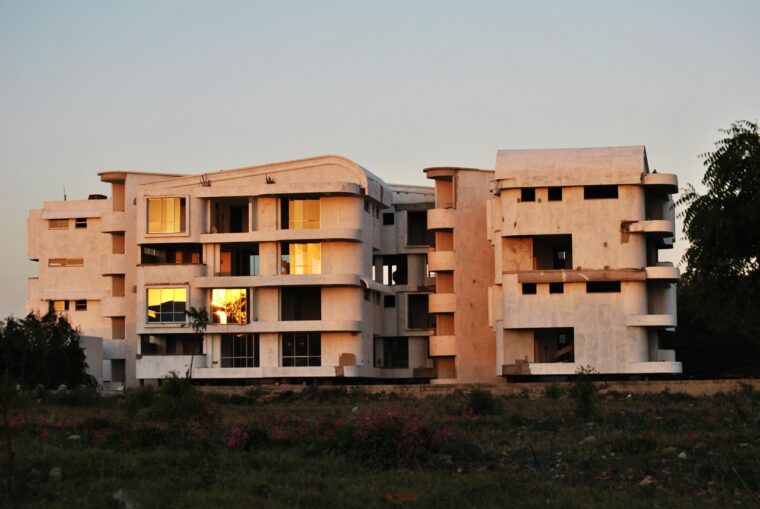| >Apartment buildings |
| Posted by: Ellen Venture Feb 6 2004, 03:51 PM |
| My husband and I are looking to expand our rental portfolio and move up to the big time and purchase an apartment building. We currently own 10 rental houses in Phoenix and manage those properties very well ourselves and have a great positive cash flow on these properties. Our problem is just plain understanding all of the terminology like, cap rate, and other definitions that would tell us if the deal is a good one. What would be the advice you would give me in looking at and understanding the numbers on the executive reports of these building complexes? What income should I look for monthly/yearly or how do I determine a good deal? I know that sounds very basic for someone already successful in this business, but the apartment business is much more detailed. |
| Posted by: loanuniverse Feb 6 2004, 07:11 PM |
| Ellen: Well with 10 rental houses you should know enough to figure out whether a property produces enough cash flow to repay the debt and leave some kind of a return on your investment. If you have had the houses for a while you have also benefited from the appreciation that most markets have experienced in the last few years so you must be feeling good. Now the cap rate sounds tricky, but really isn’t. Capitalization is an appraisal process to covert income streams to value. I did an article about six years ago about it if you want, but in a nutshell you can understand it easier by the following example: ”If you have a building that makes you $100,000 in rental income, you adjust this gross income by the expected rate of vacancies… Then you deduct the operating expenses you get the Net Operating Income. This number is then divided by the cap rate to give an estimated valuation of the property using the income approach” Gross Income = $100,000 Less Vacancies = $10,000 Less Operating Expenses = $40,000 Net Operating Income = $50,000 Cap Rate = 10% Estimated Value = $50,000 / 10% = $500,000 Off the top of my head and without any other specific question in front, the only thing that occurs to me is that no matter how hot the property is, do not use a cap rate that is substantially lower than 10%. It does not matter that market rates in other investments are very low {example CDs are paying only 2%} using a substantially lower cap rate will result on inflated valuations. If you were to use a 5% rate on the example above, you will end up with a $1,000,000 valuation. Hope this helps. I almost forgot make sure that you visit my page on sensitivity analysis there you will see a real life tool that we use to determine debt service coverage for multi-tenant buildings. |
